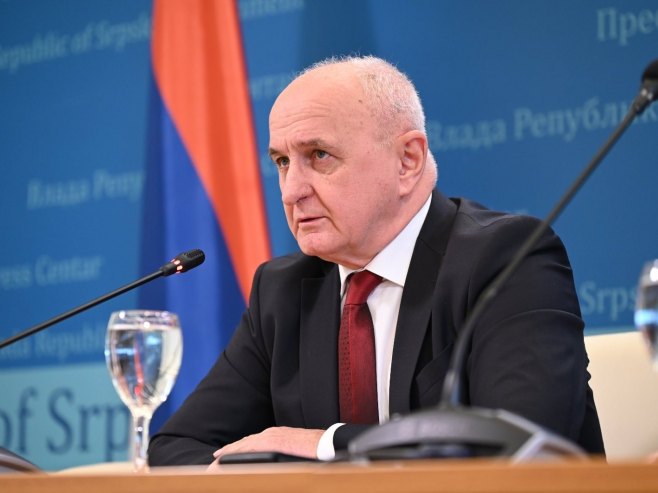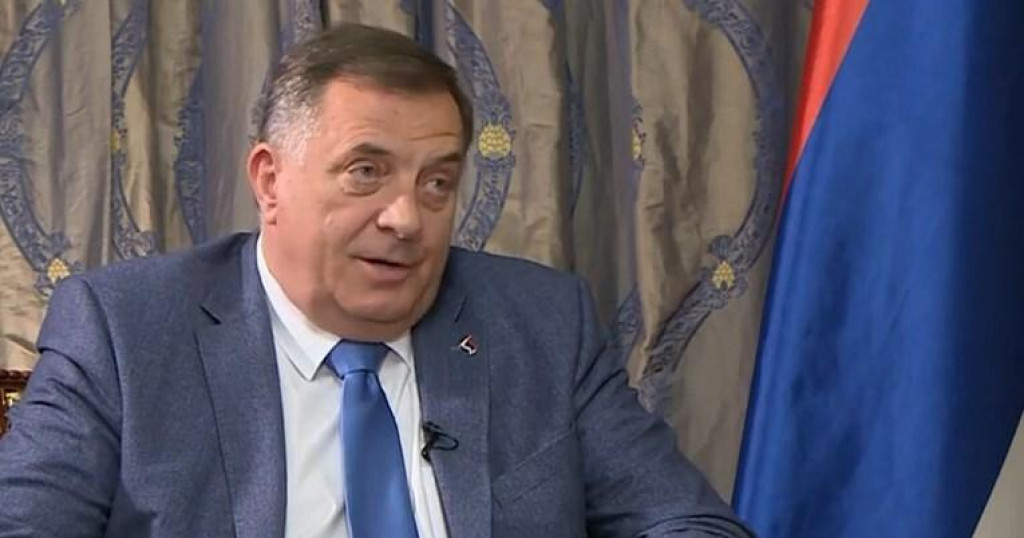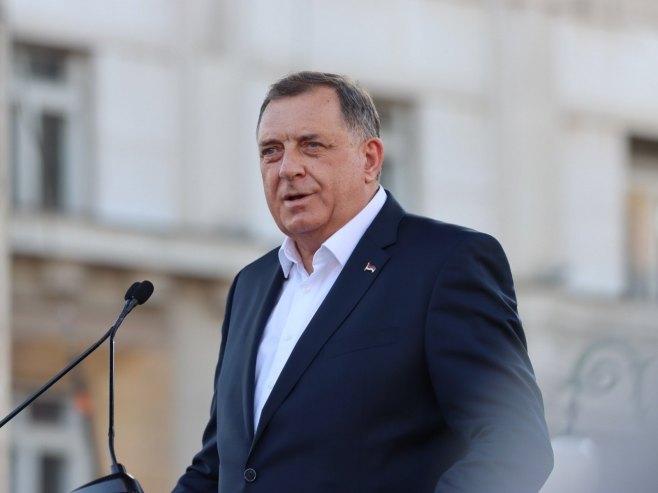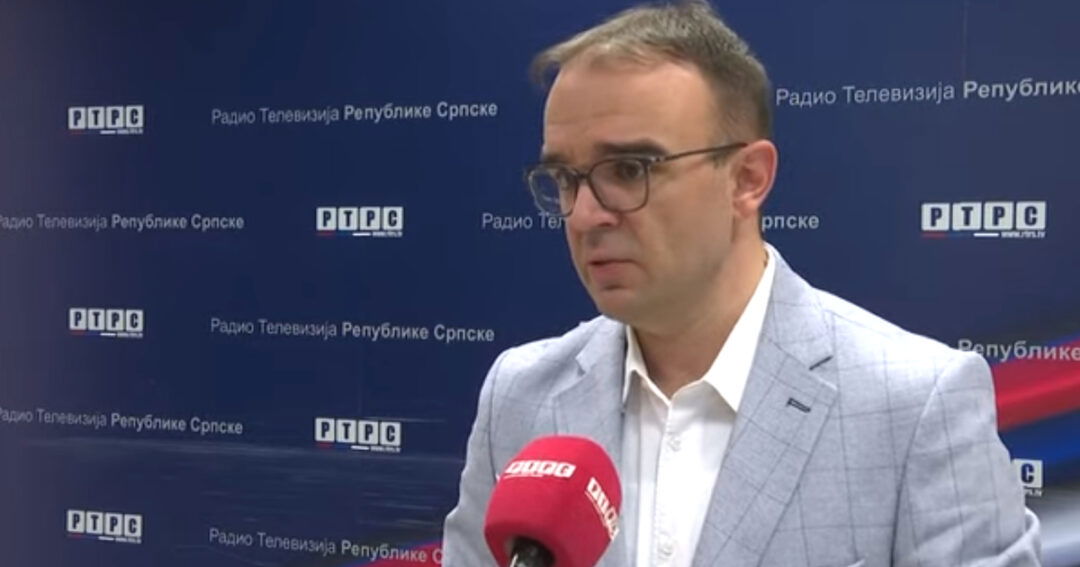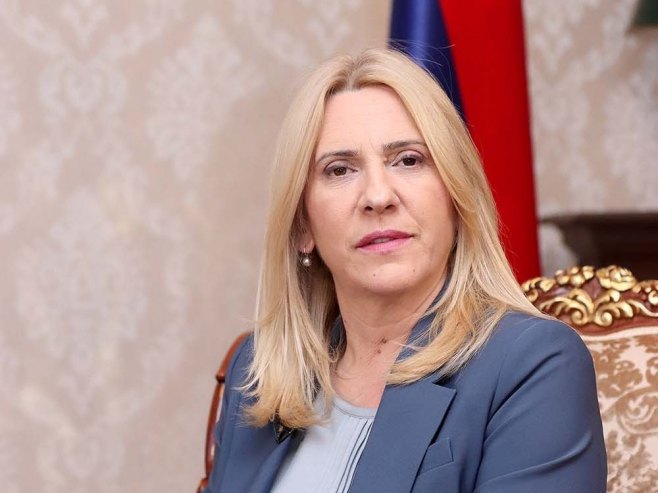The Dayton Peace Agreement has been undermined but not surpassed. It remains the most successful U.S. peace project in the last half-century, paradoxically eroded most by officials of previous U.S. administrations, stated Ana Trišić Babić, advisor to the President of Republika Srpska, in an interview for Banjaluka.net.
Trišić Babić emphasized that this undermining has brought no gains to Bosniaks, while Bosnia and Herzegovina (BiH) has suffered greatly.
“We are witnessing that this undermining continues today, for example, through the erosion of the Washington Agreement. Much of what has been accomplished in the subsequent years and proven functional resulted from agreements within BiH. Everything imposed through force and interventionism has only deepened divisions,” she added.
As the Dayton Agreement approaches its 30th anniversary, what is its greatest value?
Trišić Babić: Besides bringing peace, the Dayton Agreement’s greatest value is addressing the causes of the conflict. The war in BiH did not start because of mutual hatred among the peoples but because the principle of equality was violated, and no group wanted others to decide on their behalf.
The Dayton Agreement respected historical heritage and the nature of relations, establishing a framework where BiH is possible and sustainable only under its provisions. It also allowed parts of BiH, like Republika Srpska, which have the support of their people, to develop their constitutional and institutional capacities.
Where is BiH after thirty years?
Trišić Babić: Thirty years later, BiH is “neither here nor there,” looking outward while keeping its eyes closed internally. We’ve reached a crossroads. One path leads to the EU and the full sovereignty of BiH institutions and authorities, requiring open dialogue and domestic agreements based on realistic and achievable goals. However, many in BiH and abroad do not see this path as their preference. Nonetheless, international and regional circumstances, as well as the situation within the EU, indicate that this remains the only realistic option: the EU and domestic agreements.
Could more have been done?
Trišić Babić: More could and should have been done, but the motives varied. Republika Srpska sought meaningful content, while others pursued formality and centralized authority in Sarajevo. Republika Srpska aimed to build, while others aimed to dismantle.
What enabled BiH to move from two decades of stagnation on the European path to opening membership negotiations with the EU in March 2024?
Trišić Babić: In international politics, including EU integration, significant changes rarely stem from a single factor. The situation in Ukraine and the EU’s perspective on Ukraine, Moldova, and Georgia played a role. Another factor was the push by neighboring Western Balkan states, Hungary, Austria, Slovenia, and Croatia, to include the region in the EU’s rapid decisions surrounding Ukraine. BiH, in this context, emerged as a logical candidate for progress toward EU integration.
Has there been a shift in the EU’s stance?
Trišić Babić: Yes, there has been a shift in the EU’s policy approach, moving away from impositions and idealistic ideas. The EU now takes a more realistic approach, creating space for local politicians to reach agreements.
Has anything changed within BiH?
Trišić Babić: Absolutely. The willingness of BiH actors to engage in dialogue and reach agreements, respecting constitutional structures and responsibilities, has been crucial. Significant progress has been made, including amendments to laws on the judiciary, conflict of interest, anti-money laundering, and terrorism financing.
Why hasn’t BiH made enough progress since March 2024 to formally open EU membership negotiations next week?
Trišić Babić: The positive momentum leading to the EU’s March decision was undermined by those who do not wish to see BiH progress toward EU membership based on local agreements. Less than a week after the EU decision, under pressure from the U.S. Embassy in Sarajevo, Christian Schmidt imposed the most extensive changes to BiH’s electoral law in two decades. This disrupted EU relations with the U.S. and Schmidt, creating significant diplomatic tensions.
Republika Srpska responded responsibly by opposing Schmidt’s actions while intensifying efforts on the EU path. We communicated to our EU partners that strengthening BiH’s European integration is also a path toward freedom from foreign interventionism.
Looking ahead, is there room for optimism, and what steps are necessary for BiH to formally open EU membership negotiations?
Trišić Babić: Optimism depends on two key factors. The first is recognizing that without local agreements, progress is impossible. The second is the EU’s role, which must take full initiative in BiH and the region, especially with new leadership in Brussels and Sarajevo. President Cvijanović conveyed these points clearly during her recent visit to Brussels.
How would Donald Trump’s return to the White House impact BiH’s EU integration?
Trišić Babić: Republika Srpska consistently advocates resolving BiH’s issues through domestic agreements within constitutional procedures. Trump’s return could ease external pressures, including sanctions and judicial interventions, and encourage Sarajevo politicians to engage in direct dialogue with Banja Luka.
How do global changes, including the situations in Ukraine, the Middle East, and the U.S., affect BiH?
Trišić Babić: These global dynamics might prompt BiH to turn inward and prioritize domestic dialogue, free from external interference and illusions that outsiders will solve its problems.
Source: RTRS

